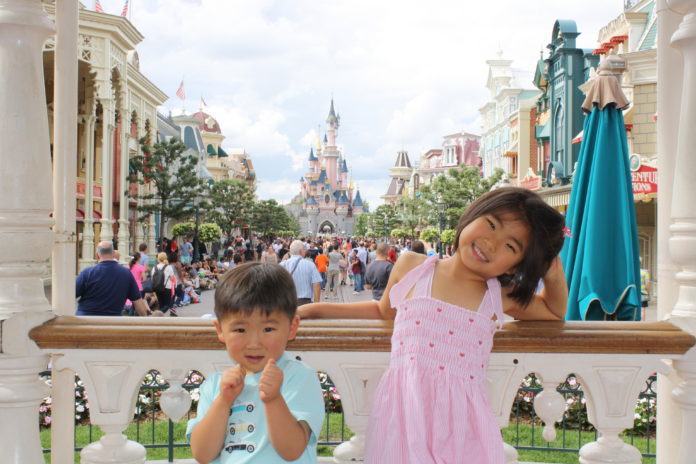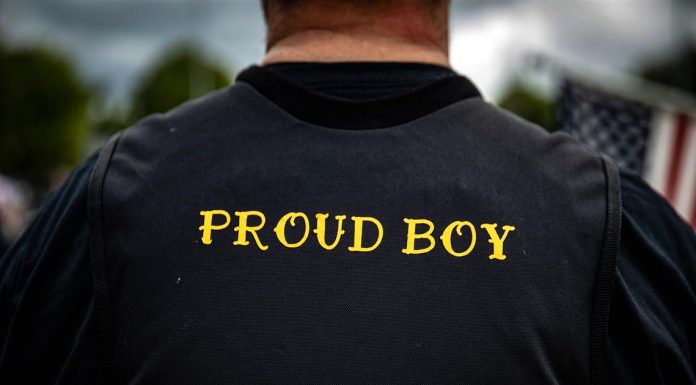Nearly every generation thinks the succeeding generations have it too easy, largely in part to the efforts of the prior generation. Everyone wants life to be better for their children than what they themselves experienced, right? But American society seems to be a bit off-kilter lately, and I’m wondering if it isn’t a ‘perfect storm’ of sorts. Let’s dig.
First, as I’ve written a few times before, the US has experienced an unprecedented span of relative peace. Throughout its entire history, the US has rarely had more than 10-20 years of ‘non-war’. The 1920s were notable in that regard. Outside of Afghanistan and Iraq, the US military hasn’t been fully deployed since 1975. I do not intend to belittle or take lightly those Middle Eastern conflicts—these are quite real and very severe for the military families involved. But lacking a mandatory draft, the bulk of the US population can treat those military actions as something ‘over there’, with not much importance attributed to them (sadly). There has been no national feeling of sacrifice or even concern.
Second, the technology acceleration of the last 40 years has been remarkable! Computers went from room-sized machines that only the very largest corporations could afford, to hand-held devices that nearly everyone in the US owns! Rare is the family that does not have access to desktop, laptop, or cellphone that hits the Internet (the Internet itself became a useful arena during the last couple of decades). Cellphones are their own explosion of usage and ownership—in 1990, they were the property of only the very wealthy—now, it is not uncommon for pre-teenagers to have one (with an Internet data plan, of course). In that same time frame, we have advanced from Atari PONG games to X-BOX and Play Stations (ask your parents about PONG). All of this tech makes comparing generations rather difficult. It is like comparing covered wagons with airplane travel.
Third, the overall increase in the standard of living in the US over the last 40 years has been HUGE! Of course, there are still poor, disadvantaged people in the US, but the overall standard of living continues to set new highs. The availability of clean water (outside of Flint, MI), inexpensive food, heated and air conditioned living spaces, and so on, is better now than ever. Not to get into the ‘when I was a kid’ thing, but back then, central heat and air was almost unheard of. Window unit air conditioning and space heaters were the norm—and many houses had neither. And if you never had to taste ‘sulfa water’ drinking fountains at many US rest areas back in the 1960s and 1970s, please count yourself fortunate. We were the ‘outside hose’ water drinking people—and somehow, we survived! While food prices have increased quite a bit over time, so have serving sizes at just about everywhere. Eight-ounce drinks were considered ‘normal’. It wasn’t until 7-11 stores introduced the ‘Big Gulp’ that 16 oz was considered ‘small’. Fast food was rare—we just ate what Mom served. Now admittedly, the widespread nature of fast-food establishments is both good news and bad, but someone can avoid starvation for a relatively small cost. Whether the food purchased is healthy is another discussion entirely.
Fourth, the changing of education cannot be overlooked. The education establishment in the US has always been at the forefront of Progressive thought, and that trend continues. Primary (K-12) education has changed dramatically over the last few decades, and much of it for the worse. Curricula has gotten wider, but much less deep. Children learn about all kinds of things, but almost all of it superficial. They learn about sexual education, alternative lifestyles, and racial grievances, but can’t perform basic math or understand literature. They have learned via history classes that the US is a mean, nasty place, with no really redeeming qualities (that others risk their lives to get here doesn’t seem to matter). Social promotion, regardless of mastery of material, seems to be the rule. Which leads to high school ‘graduates’ that are not nearly as prepared for adulthood as prior times. Heck, some graduates are nearly, if not functionally, illiterate. More importantly, the grads seem to parrot the views of their teachers, rather than think for themselves.
Fifth, entertainment has also ‘evolved’ over the last few decades. Things have indisputably coarsened greatly over that time span. Language and subject matter that simply was not allowed on broadcast TV or PG-13 movies, is now pervasive. Not sure when the FCC censors decided to ‘loosen up’ the standards, but loose they are. Cursing, sexual innuendo, and ‘adult’ topics are now the norm, not the exception. TV shows have also decided that depicting strong, smart father figures is passe—now, the typical TV dad is a moron, waiting for the mom or kids to teach him how things really work. TV also pushes societal views more than ever before. Rare is the heterosexual, same race family shown, either via sit-com or commercial. If one views daytime or primetime TV, one may assume that nearly half of the US is either gay, trans, or racially mixed households. Hollywood has decided that pro-USA movies, which were the standard fare a few decades ago, simply do not sell. The production of movies that view the US in a negative light far outweighs those that are positive. The exceptions may be the comic-book-to-film genre. Anti-heroes abound, as do negative utopian predictions of our failed planet. If climate change doesn’t kill us, pollution or big business will. Sigh.
What is the culmination of all of the above trends, that ‘perfect storm’? Our children, with obvious exceptions, are weaker, look for excuses rather than solutions, and are less likely to assume leadership and responsibility roles. Our expectations, once so lofty (my kid is going to be a doctor, lawyer, astronaut, scientist, inventor, business leader, etc.), are now often ‘I hope my kid leaves the basement soon!’ Yes, this is painting with an enormous brush, and, like most stereotypes, exaggerates quite a bit. Maybe the norm has always been a low bar, regardless of generation. Maybe the ‘leader class’ has always been a fraction of the population, but with enough quantity to continue our societal advance. Many very strong young adults exist, and take life by the horns. They have overcome the weak teaching, pushing themselves further than their peers. They go to college to LEARN, and they learn from their parents and environment. They refuse to buy into the victimology scam, knowing that ‘work’ has always been difficult, but has its own rewards—and is almost the only way to succeed. They see what works and what does not, regardless of current fads. They have the advantage of an enormous store of knowledge base, literature, and solid thought paths, all readily available via Internet. My genuine hope is that there are enough over-achievers, enough hard-workers, enough true LEADERS, that they take command of their generation, and not leave it to the lowest common denominators. It is a big, unforgiving world out there, and the rest of the world gives no concession to lazy, uninformed, foolish people—even if they are considered our ‘political leaders’.




















